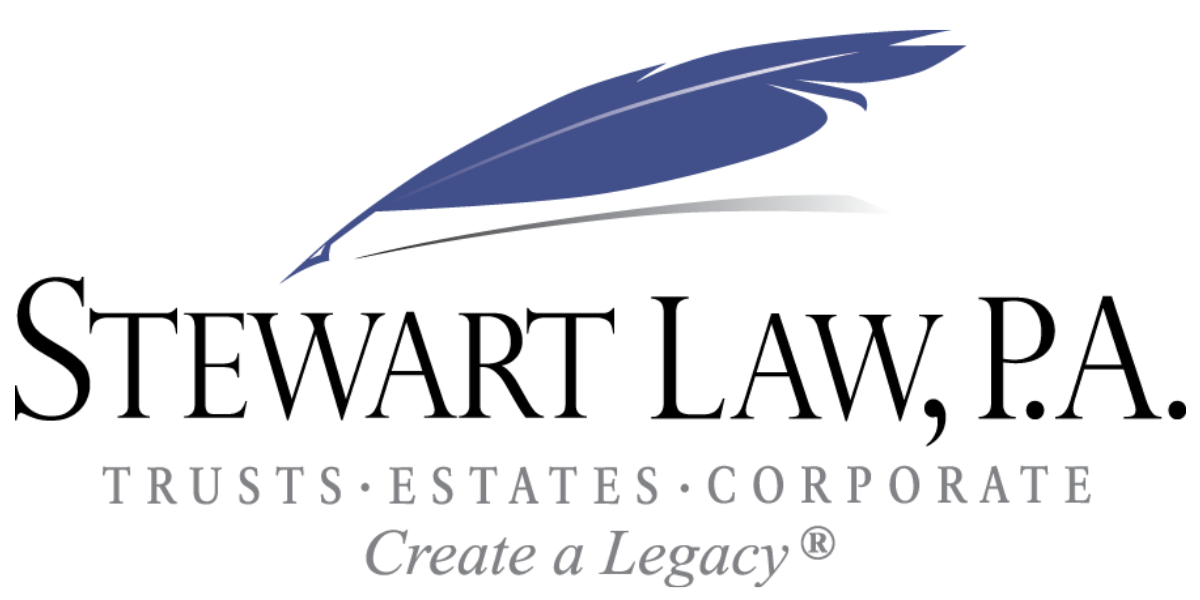The passing of movie icon Burt Reynolds brings to light how certain estate planning techniques differ as they unfold. Selecting a revocable trust – versus only a Will – as Burt chose to do for the benefit of his son, Quinton, has its advantages. One that’s highlighted in the current stories about Burt’s passing is privacy. A simple Will is part of the probate process and its terms are public. On the other hand, the terms of a revocable trust are private and confidential. Just as important (and maybe more so in a world where digital crimes are more prevalent), […]
Read More
In our last post, we detailed many of the new individual and corporate tax laws. Here we’ll take a closer look at three practical steps you should consider taking in light of these. 1. Revisit the income tax classification of your corporation or LLC. For decades now, the S corporation has been the income tax classification of choice for most non-real estate businesses. The fact that it offers a single level of tax versus “double taxation” in C corporations has mostly been the deciding factor. Now, while C corporations still expose their owners to double tax (first on corporate income […]
Read More
We plan to address the new 2017 Tax Act changes in a couple of ways. Below is a summary of many of the major provisions, both for businesses and individuals. Later, we’ll take a closer look at some practical steps you should consider in light of the new tax law. First, the corporate rate cuts are significant. The 2017 tax act provides for a 21% flat corporate tax rate. Businesses conducted as sole proprietorships, partnerships, or S corporations are subject to a special deduction under the 2017 tax act beginning in 2018. Business Deductions and Credits Section 179 Expensing: The […]
Read More



